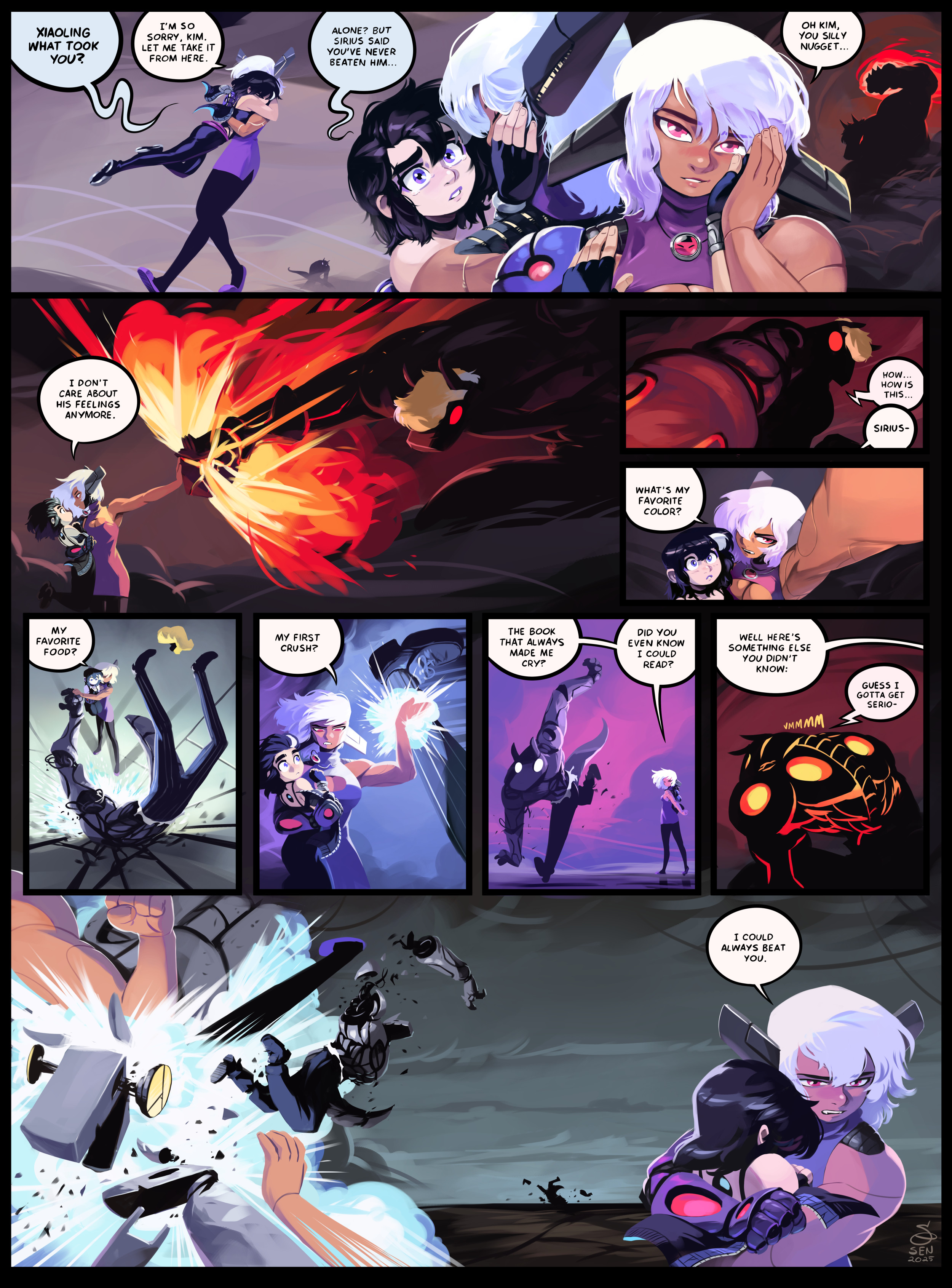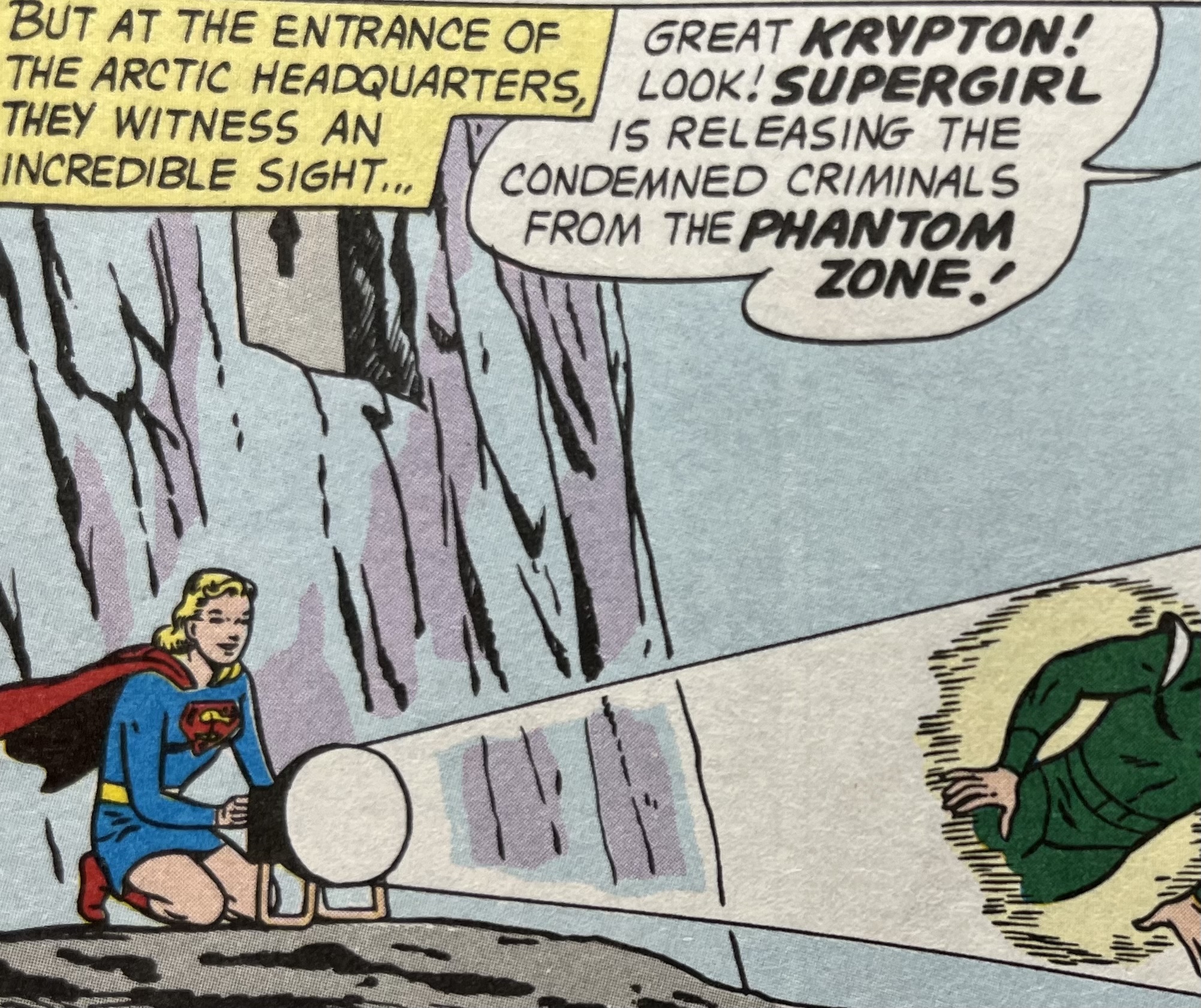
The annual Eisner Awards, held each year at San Diego Comic-Con, are known as the comics industry’s top honors. Their original mission was to provide ongoing recognition of outstanding comics work and promote artistic quality and innovation within the medium. However, much like the Oscars or the Emmys, they’ve increasingly shown a clear preference for “woke” and left-leaning creators and subject matter, ignoring a lot of great work that doesn’t align with progressive ideologies. The 37th annual Will Eisner Comic Industry Awards ceremony was held Friday night, July 25 at the Hilton San Diego Bayfront Hotel, and this year’s winners and nominees were yet another demonstration of the growing political bias which has seemingly taken over the organization.
For example, War on Gaza by Joe Sacco won Best Single Issue/One-Shot. If the title isn’t a strong enough indicator, the book presents a strongly anti-Israel view, portraying the conflict as genocide. Another nominee in this category that didn’t win was Abortion Pill Zine by Isabella Rotman, Marnie Galloway, and Sage Coffey, which openly promotes a pro-choice agenda. These selections are indicitive of how the Eisners regularly prioritize political messaging over artistic quality or entertainment. It’s disappointing to see an award with such prestige shift focus from diverse stories to political correctness. This marks a concerning direction where political alignment overshadows creativity and storytelling. But this only scratches the surface.

Formally known as the Will Eisner Comic Industry Awards, the Eisner Awards were established in 1988 to recognize creative achievement in American comic books. Named after pioneering comic creator Will Eisner, the grandfather of the modern graphic novel, the awards have become regarded as the industry’s most prestigious honors. The original aim of the awards was to highlight excellence in comics and their creators, with nominees selected by a panel of judges from various parts of the comic industry and winners voted on by comic book professionals. They’ve certainly shifted their priorities over the years.
This year, the judges’ pick for Best Short Story went to Spaces by Phil Jimenez, featured in DC Comics’ annual gay-themed comicbook DC Pride. It’s an autobiographical tale about his experiences as a gay man, mixed with fantasy elements linked to Wonder Woman. While it may have been personal and heartfelt, its selection further highlights the Eisner judges’ pattern of favoring progressive personal narratives and promoting social agendas far more than artistic excellence. I’m only surprised DC Pride, or Marvel’s alternative Voices didn’t get even more attention this year, especially when so many of the selections were centered on politics.
 “Spaces” from DC Pride 2024
“Spaces” from DC Pride 2024Feeding Ghosts: A Graphic Memoir by Tessa Hulls won the Best Graphic Memoir award. This graphic novel was centered around trauma, gender, race, mental health, and immigration “through the lens of social justice.” The writer is known for taking part in the radically left-wing Seattle CHOP protests, so her radical left bonafides are well established. The book combines personal and political history, emphasizing intersectionality and critiques of colonialism, gender, and race. The Eisners’ elevation of works like this actually raises more concerns that social messaging has become famore important to the organization than comic storytelling or artistry.
This year’s Best Publication for Teens was awarded to Lunar New Year Love Story by Gene Luen Yang and LeUyen Pham. The story is about Valentina, a Vietnamese-American teen dealing with romance and family secrets. While not explicitly about LGBTQ themes, the book does include a prominent same-sex couple, subtly normalizing LGBTQ identities. It also promotes acceptance of cultural fluidity and multiple identities. Again, while the LGBTQ elements are not explicit in the main plot, this inclusion underscores the growing preference at the Einsers for “woke” content.
Tara Booth’s Processing: 100 Comics That Got Me Through It won Best Humor Publication. The book is autobiographical and focuses largely on gender and sexuality. Booth emphasizes representing women’s and non-binary experiences and challenges male-dominated erotic art. The comics discuss sexuality, consent, pleasure, and empowerment in a way meant to normalize complex feelings about gender. This kind of “socially aware” comic, with questionable art skills on display (see below), certainly fits the Eisners’ current trend.
 A page from Tara Booth’s Processing: 100 Comics That Got Me Through It
A page from Tara Booth’s Processing: 100 Comics That Got Me Through ItThe Eisners also honored The Jellyfish by Boum with Best U.S. Edition of International Material. It focuses on disability and personal growth through a queer protagonist. It is loaded with LGBTQ themes while also exploring healthcare and disability rights. Politically, it aligns with progressive social justice issues, but is not an overt political polemic. However, it fits comfortably within the “woke” sphere that’s all too common among recent Eisner winners.
Drawing (in) the Feminine, edited by Margaret C. Flinn, won Best Academic/Scholarly Work. This academic book takes a feminist and intersectional approach to the history of French comics, advocating for recognition of women and gender-diverse creators. A worthy topic, but again it is openly political and perfectly aligns with progressive cultural discourse.
The Eisners’ choice for Best Digital Comic was My Journey to Her by Yuna Hirasawa. This manga is all about the author’s experience as a transgender woman, including his struggles with gender dysphoria and later his gender-affirming surgery from biological male to transgender woman in Thailand. It’s all about transgender themes and the legal and medical challenges transgender people deal with in Japan. All by itself, this type of explicitly political content being selected over traditional comics shows how much the Eisner awards have changed.

Tell Me a Story Where the Bad Girl Wins by Caitlin McGurk took Best Comics-Related Book. The book profiles Barbara Shermund, an early 20th-century cartoonist known for portraying independent women who challenged gender norms. McGurk herself is a feminist comics scholar who highlights Shermund’s role as a pioneering female artist. This selection, while neither surprising nor out of bounds, points to the judges’ preference for works with feminist themes. The overlooked selections in this category highlight this even further.
For Best Publication for Kids, the winner was Plain Jane and the Mermaid by Vera Brosgol. The story critiques beauty standards and gender expectations through fairy tale elements. It subtly engages with body positivity and feminism within a child-friendly framework. While not a didactic, the work’s underlying messages reflect the ideological bent now commonly celebrated by the Eisners, even in children’s comics. Is a book focused on feminism and body positivity really the “best publication for kids”? Best of the year? Really?
Perhaps the most notable award was for Best Continuing Series went to Santos Sisters, a comic centered on queer Latina characters and focused heavily on LGBTQ topics. While diversity still seems to be important to some people, the Eisners’ preference for political themes over consistent storytelling or artistic quality is very clear with this selection. Santos Sisters only published two issues in 2024 yet won over established ongoing series with strong track records like Detective Comics, Fantastic Four, Ultimate Spider-Man, and Wonder Woman which were all nominated as well. Each of these mainstream titles have regular schedules and very large audiences, so choosing an indie comic with limited recent output for a major category like this underscores just how much the Eisners value cultural messaging around LGBTQ and “woke” themes over popularity, merit, or achievement.
Here’s a trio of panels that might better illustrate why it was chosen.
 Panels from Santos Sisters Vol. 1 from Fantagraphics
Panels from Santos Sisters Vol. 1 from FantagraphicsIn the superhero categories, the only ones that did receive awards were female-led titles. DC’s Absolute Wonder Woman won Best New Series and Zatanna: Bring Down the House took Best Limited Series, written by Kelly Thompson and Mariko Tamaki respectively. This unusual outcome again aligns with the awards’ current focus on progressive themes, particularly from the perspective of feminists.
The Eisner Awards were meant to honor the best in comics, but their nominee selection process in recent years process reflects the same narrow focus as their final winners. The six judges—chosen by the Comic-Con International committee—decide which books and creators make the ballot in more than 30 categories. After these selections, only industry professionals vote, with the results announced each summer at San Diego Comic-Con. With this kind of ecosystem, it’s easy to see how the ideological preferences of a fairly small, select group end up shaping the outcome more than to the tastes of the broader comic book audience.
It also appears that this year’s Eisners prioritized “non-white, non-cis-gendered, and non-hetero-normative” creators, with LGBTQIA+ and progressive themes once again taking center stage. Unfortunately, this has actually been a trend with these awards for a while. Meanwhile, the core comic book audience, which is still mostly straight men who just want to be entertained, gets overlooked. Not a single male superhero book won this year, despite being the industry’s most consistent sellers. How does that happen in over thirty categories? Perhaps because the Eisners hand the decision-making to a group that’s usually far more focused on their status within progressive circles than on what the majority of comic fans actually want to read.

While supporters of the Eisners will most likely dismiss this blog post as “out of touch,” it would be very short-sighted to ignore the broader realities facing the comic industry today. The fallout from the Diamond Comic Distributors bankruptcy, a cornerstone of the business for decades, combined with the continuing declines in comic sales, points to a shrinking audience struggling under economic pressures. In this environment, the Eisner’s recent focus on politics, ideological messaging, and woke themes like what I’ve highlighted above rather than quality entertainment and artistic merit risks further alienating core readers who have traditionally sustained the industry.

Amid all the controversy and shifting priorities at the Eisners, this year’s ceremony also marked the end of an era: longtime administrator Jackie Estrada announced her retirement after 35 years at the helm. So even as followers, fans, and critics debate the direction and relevance of the awards, no one can deny Estrada’s steady hand was crucial in steering them to national prominence. Her behind-the-scenes work, ensuring the show runs smoothly, maintaining fairness, and upholding tradition, left a mark even I have to acknowledge. Estrada’s leadership, spanning from the days when comics were a niche interest at Comic-Con to their current pop culture dominance, underscores how much dedication and passion is still possible in the industry, even as a new chapter begins. Whoever steps in next will face enormous expectations; Jackie Estrada’s legacy will be a hard act to follow.
Hopefully the next administrator will manage to guide the Eisner Awards back to being a celebration of the comic industry’s broadest achievements and less of this echo chamber of accolades, where a closed circle of insiders continually rewards their favored themes and left-wing perspectives. Until the awards break can free from this cycle and return to reflecting the majority of comic readership rather than the minority viewpoint, their relevance beyond the industry’s tight-knit progressive community will only continue to shrink.
Propping up illustrated lectures and elevaqting political virtue signaling will do nothing to revive comic sales or grow readership. This industry’s survival and future vitality will depend on balancing cultural concerns with broader appeal, quality art and storytelling, celebrating great entertainment, and a keen awareness of marketplace realities beyond the ideological echo chambers where these decisions are made.
To see the full list of this year’s award winners, visit comic-con.org/awards/eisner-awards.
***



















 English (US) ·
English (US) ·